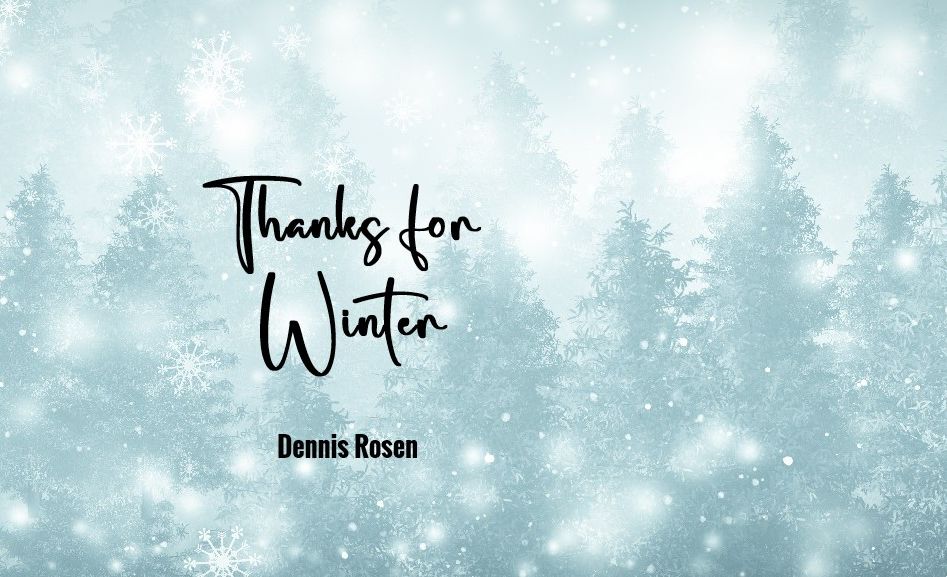
The Whatever Argument
We argue stupidly over inconsequential nonsense; how often do we risk friendships, family, even our marriage over issues that we are far better off conceding?

Okay, you’re right…
“Hey, it’s Moish! How you doin? Has it been 10 years now?”
“Hi Dov. It’s been a while.”
“I see you have made some changes.”
“About six years ago I made teshuva. I have been learning in Yeshiva for the last four.”
“That’s great. Mazal Tov and hatzlacha! Are you married?”
“Remember Debs? She is my wife. We all call her Devorah now.”
“I am glad things have worked out so well. Nothing like the old days right? Remember when we went to the diner at 2AM and argued all  night long?”
night long?”
“It was a long time ago.”
“What did we argue about anyway?”
“Uh, I forgot. It’s not that important.”
“I remember! It was about baseball. We used to spend hours talking about which was the better team. Was it the 1980s New York Met’s, or was it the 1990s New York Yankees? You always tried to convince me the Yankees were better.”
“Yeah.”
“You gotta admit though, the Met’s were the superior ball club.”
“Uh, okay you’re right. It’s great to see you. We will have to meet up for coffee sometime.” It's amazing how many times a day these inane social conventions come out of Western-educated mouths. They're superficial and not even true, like a lot of other things we say. Was it really “great” to see each other? No. Will we have coffee together soon? Not on our list of priorities….
With that my, old friend shook my hand and went back to his learning.
It’s impressive how a superficial encounter can lead to a deep insight.
We would spend hours arguing over this. A decade later I thought he would still be animated about it, even if just for old time’s sake. My friend spends his time arguing. That’s what learning Gemara is. It’s one long argument. I figured that for someone who argues all day he would relish the opportunity to go at it again.
He didn’t. Winning or losing the argument didn’t matter to him at all. It had absolutely no bearing on his life or mine.
He very politely, yet firmly, made that clear.
How do we know when an argument is a waste of breath?
When we argue about holy concepts we are getting at the Truth. We are inching closer to Hashem. With every word we are improving ourselves. An argument is for the sake of heaven because it is 100% productive. Even if we lose we win. If we win, whomever we are arguing with also wins.
Usually we engage in an argument to win. The irony is that it never happens. Both sides only harden their stances. Nobody walks away with a broader perspective on anything. Moish and I spent hours arguing about this baseball issue. If he had won, it wouldn’t have changed me one bit. I would still believe what I believed and he would still believe what he believed. The moment he “conceded” the argument nothing about either one of us changed. Our arguments were not for the sake of Heaven. They never were. All we did was squander precious moments of our existence. When I reproached the subject he decided that it would be better to move on to something far more important as efficiently as possible.
How many arguments do we have where winning or losing make no difference? How often do we risk friendships, family, even our marriage over issues that we are far better off conceding? The moment we decide that it doesn’t change a thing if we win, the sooner we can serve Hashem by bringing peace between two people. The sooner we can move on to something a lot more productive by simply saying three words:
“Okay. You’re right.”
This must have been what Moshe was trying to teach.
(WRITERS NOTE: Maybe you disapprove of mentioning sports teams, but I think with our editor, I can get away with this addendum: To be honest, the 1990s Yankees were far better than the 1980s Met’s. For Moish to concede a point where the opposite was true underscores how disinterested he really was. Those readers who, Hashem Willing, gave up sports after 5761 (2001), may see the “surprise” in him “conceding” the point so fast. If it is still not worth mentioning teams, we can always change the wording.)
* * *
Dovber Halevi is the author of Sex, Religion, and the Middle East, a book about personal holiness and happiness. He lives in Israel with his wife and three children.










Tell us what you think!
Thank you for your comment!
It will be published after approval by the Editor.